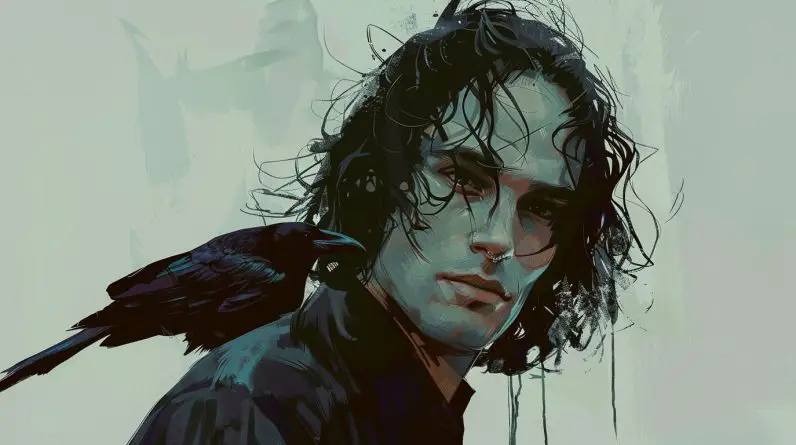
We’ve explored much of Mr Lee’s legacy on this site and have identified cases in which the legend managed to transcend the boundaries of his physical existence, embedding himself into the cultural fabric of various industries. One are into which we’ve not yet ventured is that of video games, though Bruce Lee’s influence in that sphere is significant, despite the field emerging after his premature departure.
Lee’s indelible mark on video games has not only birthed characters that mirror his likeness but has also inspired entire games that encapsulate his philosophy, martial arts style, and iconic persona – or that bear the storytelling hallmarks of Enter the Dragon or Game of Death. Stay with us as we delve into the characters and games that owe at least part of their existence to Lee’s legacy, illustrating the depth of his impact on the digital entertainment world.
Direct Inspirations and Homages
One cannot discuss Bruce Lee’s influence on video games without mentioning the direct homage, “Bruce Lee” (1984), a game made available for the Commodore 64 and other popular platforms that featured a character clearly modeled after Lee himself. This platformer, though simple by today’s standards, laid the groundwork for the inclusion of martial arts in video games, offering players a taste of the agility and combat prowess associated with Lee. Games such as “Double Dragon” built upon this foundation to make martial arts platformers a staple of the retro arcade scene.
Similarly, “International Karate” and “Karate Champ” were among the first to introduce competitive martial arts into gaming, drawing inspiration from Lee’s films and fighting style. These games, while not featuring Lee directly, encapsulated aspects of his martial arts philosophy and further popularized the genre.
Fighting Game Archetypes
The fighting game genre, in particular, showcases several characters that are tributes to Lee. Perhaps the most notable example is Marshall Law (and his son, Forest Law) from the “Tekken” series. Sporting the iconic yellow tracksuit and a fighting style reminiscent of Jeet Kune Do, Law is a clear nod to the martial arts legend. His move-set, including the dragon’s tail sweep and the flip kick, mirrors Lee’s dynamic combat style, making him a favorite among fans who admire Lee’s prowess.
“Street Fighter,” another cornerstone of the fighting game community, presents Fei Long, a character that not only looks like Lee but also emulates his fighting style and vocal exclamations. Fei Long’s inclusion in the series is a testament to Lee’s lasting influence on the portrayal of martial artists in video games, celebrating his legacy in a universe renowned for its diverse cast of fighters.
Cultural Impact and Philosophy
Beyond physical resemblance and fighting styles, Lee’s philosophy of “being like water” has permeated video game design and storytelling. “Sifu,” a recent title, is profoundly influenced by Lee’s teachings, focusing on the fluidity of combat and the journey of mastery over self. The game’s emphasis on adaptability and learning from failure reflects Lee’s martial arts ethos, offering players not just entertainment but lessons in resilience and personal growth.
Jeet Kune Do and Beyond
Video games have also explored the technical aspects of Lee’s martial arts, Jeet Kune Do. Titles like “EA Sports UFC” series allow players to experience the effectiveness of Jeet Kune Do against various martial arts disciplines, showcasing Lee’s philosophy of adopting techniques that are useful and discarding those that are not. This inclusion educates players about the practical applications of Lee’s teachings and his revolutionary approach to combat.
Legacy in Character Design
The influence of Bruce Lee extends to character design and development beyond direct reproductions. Characters such as Liu Kang from “Mortal Kombat” embody the spirit of Lee through their backstory, combat style, and even their visual design. The incorporation of high-pitched battle cries and agile, powerful movements in these characters pays homage to Lee’s distinctive fighting style and his cinematic portrayal of martial artists.
A Lasting Imprint
Bruce Lee’s impact on video games is a testament to his timeless appeal and the universal relevance of his martial arts philosophy. Through direct representations, inspired characters, and games that embody his teachings, Lee continues to influence the video game industry. These digital tributes not only serve as a form of entertainment but also as a medium through which Lee’s legacy is preserved and introduced to new generations. As video games evolve, the essence of Bruce Lee’s spirit remains a constant, inspiring developers and players alike to approach the virtual world with the same passion and dedication that Lee applied to his art and life. In this way, Bruce Lee lives on, not just as a cultural icon, but as an enduring influence shaping the very fabric of digital entertainment.






